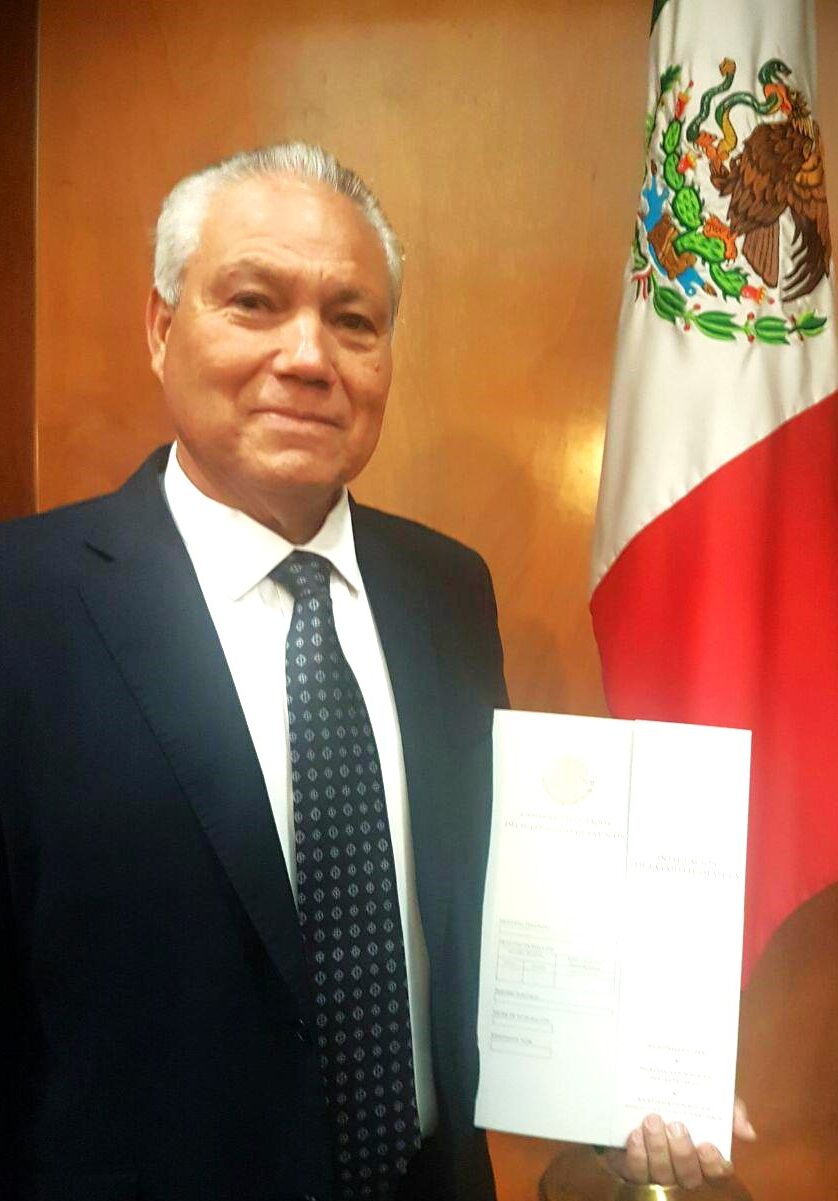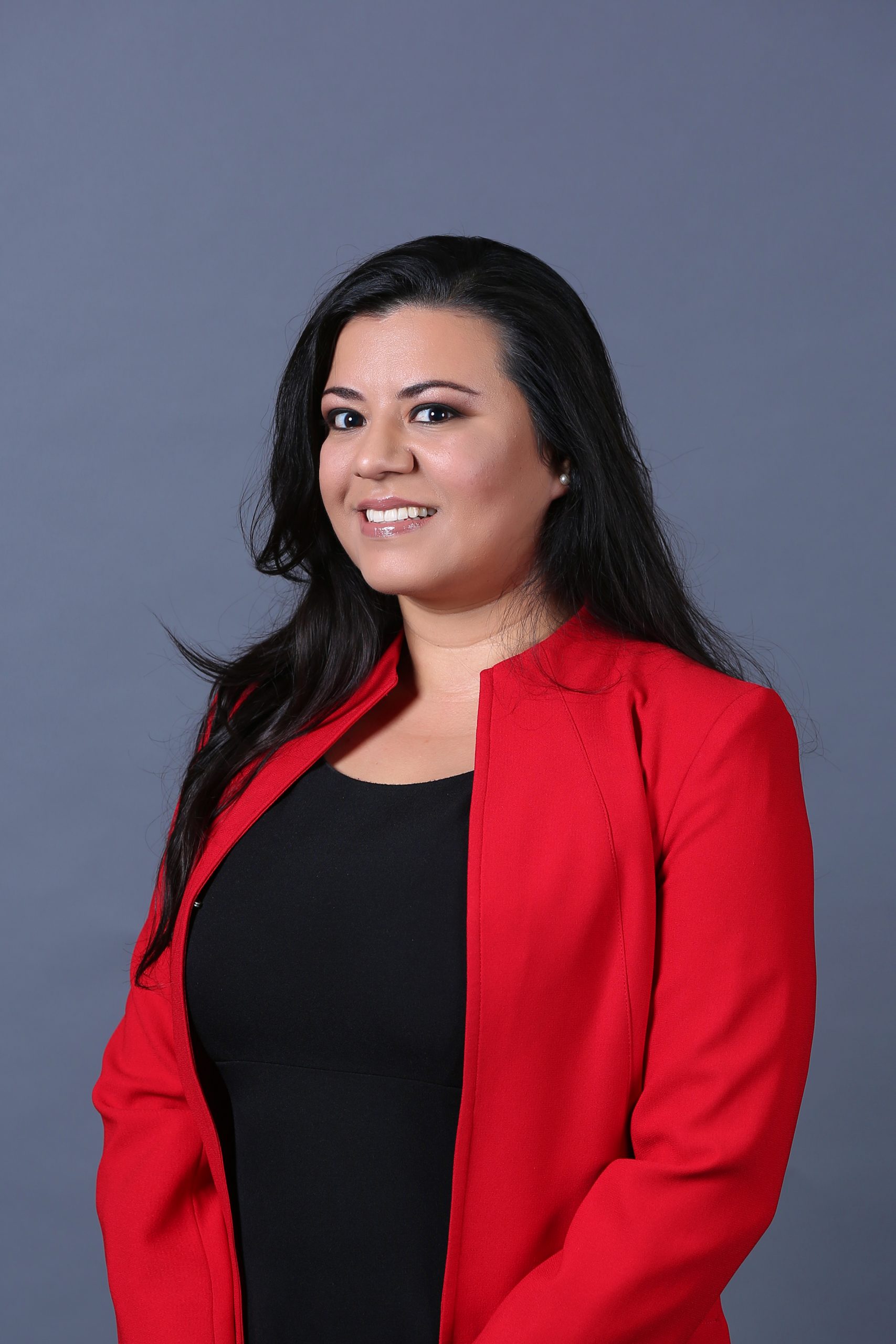Los Angeles Times
By KATE LINTHICUM, TIFFANY HSU
| 26/08/2014 |
| Enrique Peña Nieto vows to make life better for his countrymen on both sides of the border’This is the other Mexico,’ Enrique Peña Nieto says of the U.S., home to 11 million Mexican immigrants
Mexican President Enrique Peña Nieto kicked off a two-day tour of California with a speech to Mexican immigrants in Los Angeles on Monday in which he pledged to make life better for his countrymen living on both sides of the border. Pledging reduced wait times at border crossings and faster services at Mexican consulates across the United States, Nieto said he had an obligation to serve all Mexicans, regardless of where they lived. “This is the other Mexico,” he said of the United States, which is home to an estimated 11 million Mexican immigrants. Peña Nieto, who is making his first official trip to the U.S. since he was sworn in nearly two years ago, spoke in Spanish to a crowd of several hundred at the Millennium Biltmore Hotel. He entered a ballroom alight with the colors of the Mexican flag to thunderous applause and shouts of “Bienvenidos!”  Trending His visit follows a recent trade mission to Mexico by Gov. Jerry Brown, who has promised to have the two governments work more closely on immigration, climate change, energy and trade issues. Mexico, which last year was the recipient of $23.9 billion of California’s exports, is the state’s largest trade partner. During Brown’s visit, an agreement was struck to press forward with plans to create a new border crossing in San Diego County, which advocates say could alleviate delays that cost businesses billions of dollars annually. In introducing Peña Nieto on Monday, Brown spoke about the interwoven histories of Mexico and California and nodded to the immigrants in the room, saying it didn’t matter whether they had permission to be in the United States. “You’re all welcome in California,” he said. Peña Nieto also expounded on the close ties between Mexico and California, which has the country’s largest population of Mexican immigrants. He thanked state officials for embracing foreigners, citing measures that extend state benefits to immigrants, and presented scholarships to several immigrant students enrolled at California universities. Before he spoke, Peña Nieto heard from several local Mexican American leaders about the concerns of immigrants. Pina Hernandez, who heads a federation of immigrants who come from the Mexican state of Jalisco, said violence back home by warring drug cartels is still a top issue for many. Peña Nieto, who recently unveiled a new police unit to help fight cartel violence, did not talk about security measures Monday, although he expressed his commitment to “strengthening government institutions.” He also did not address a group of several dozen protesters gathered outside the hotel, including some who said they were upset with his recent move to open Mexican oil and gas reserves to foreign and private investments. Audience member Angelica Salas, who migrated to the United States from Mexico as a child and now heads the Coalition for Humane Immigrant Rights of Los Angeles, an influential advocacy group, said Peña Nieto’s domestic policies are important to immigrants here. If Mexico were safer and had a stronger economy, fewer people would leave, she said, adding that immigration should be “a choice, as opposed to a forced choice.” Peña Nieto was joined by a delegation of governors from several Mexican states as well as Los Angeles Mayor Eric Garcetti, who made his own trade mission to Mexico in March. Speaking in Spanish, Garcetti announced plans to declare 2017 “the year of Mexico” in Los Angeles, which he said would include celebrations of the contributions that Mexican Americans have made to the city. On Tuesday morning, Peña Nieto will travel to Sacramento to have lunch with Brown and address the Legislature. A good relationship with Peña Nieto and Mexico could pay political dividends for the governor, who is running for reelection in November. In 2010, Latinos made up 19.2% of California voters, according to the California Civic Engagement Project at the UC Davis Center for Regional Change. |



